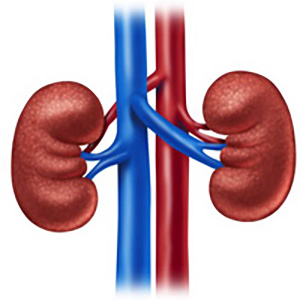 Smart Citations
Smart CitationsSee how this article has been cited at scite.ai
scite shows how a scientific paper has been cited by providing the context of the citation, a classification describing whether it supports, mentions, or contrasts the cited claim, and a label indicating in which section the citation was made.
The role of the general practictioner in the management of urinary calculi
Background: The prevalence of kidney stones tends to increase worldwide due to dietary and climate changes. Disease management involves a high consumption of healthcare system resources which can be reduced with primary prevention measures and prophylaxis of recurrences. In this field, collaboration between general practitioners (GPs) and hospitals is crucial. Methods: a panel composed of general practitioners and academic and hospital clinicians expert in the treatment of urinary stones met with the aim of identifying the activities that require the participation of the GP in the management process of the kidney stone patient. Results: Collaboration between GP and hospital was found crucial in the treatment of renal colic and its infectious complications, expulsive treatment of ureteral stones, chemolysis of uric acid stones, long-term follow-up after active treatment of urinary stones, prevention of recurrence and primary prevention in the general population. Conclusions: The role of the GP is crucial in the management and prevention of urinary stones. Community hospitals which are normally led by GPs in liaison with consultants and other health professional can have a role in assisting multidisciplinary working as extended primary care.
Downloads
How to Cite

This work is licensed under a Creative Commons Attribution-NonCommercial 4.0 International License.
PAGEPress has chosen to apply the Creative Commons Attribution NonCommercial 4.0 International License (CC BY-NC 4.0) to all manuscripts to be published.

 https://doi.org/10.4081/aiua.2023.12155
https://doi.org/10.4081/aiua.2023.12155





